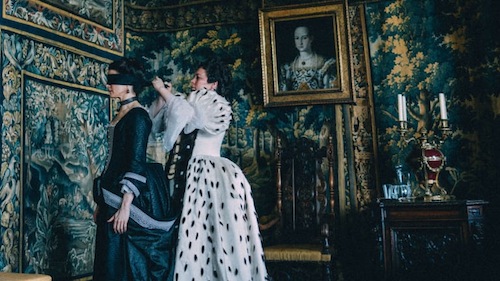Direction: Richard Billingham
Country: UK
Not many debutant directors have sufficient developed skills to make a grand first appearance, but photographer Richard Billingham achieved that feat with Ray & Liz, a tremendously impactful drama set in the Midlands, England, whose prodigious realism entraps us in the cruel, deeply rooted memories of his joyless childhood.
Combining the raw cinematic exposure of Andrea Arnold and the visual aesthetics of Chantal Akerman, Billingham dives into a disciplined, if rugged, autobiographical drama depicted with traces of bleak humor amidst parental negligence, indifference, and addiction.
The film comes in the sequence of previous short-documentary videos about his family as well as the first of a three-part feature named Ray, in which his alcoholic father is portrayed. Actually, the film’s inaugural shot consists in Ray (Patrick Romer) drinking a full glass of booze in an empty stomach. He is a heavy drinker abandoned to the solitude of a room infested with flies and seems to be patiently waiting for his death. His good neighbor Sid (Richard Ashton) is the only person visiting him, guaranteeing his daily supply of strong liquor. The story then winds back and we observe the routines of a younger Ray (Justin Salinger), his bellicose wife and compulsive smoker Liz (Ella Smith), and their two children: ten-year-old Richard (Jacob Tuton) and two-year-old Jason (Callum Slater).
This phase of the account features a particular episode that really sticks hard into the head. It's when Lol (Tony Way), an obtuse neighbor, drinks until unconscious while looking after Jason in the absence of his dysfunctional parents. After that, the story advances eight years in time to shock us even more with a dirty, unruly house and the inert, soporific behavior of Ray and Liz (her older version is played by Deirdre Kelly). At 18, Richard (Sam Plant) looks resigned with the situation, while Jason, now 10 (Joshua Millard-Lloyd), finds new hopes after almost freezing to death.
Admirably photographed by Daniel Landin (Under the Skin), the film represents a blasting match of stylish filmmaking and genuine writing material. It’s a wonderful debut, despite all the discomfort one may feel watching it.













































